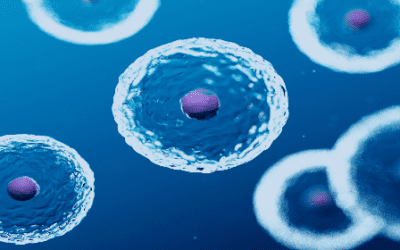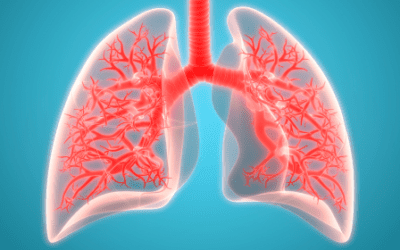Stemedix Regenerative Medicine Research and Health Awareness Blog
Stay up to date with the latest developments in regenerative medicine research and treatment. Subscribe to our newsletter.
What Are the Early Warning Signs of MS?
Multiple sclerosis (MS) is a neurodegenerative disease affecting the spinal cord and brain. MS causes the immune system to attack the myelin–the protective cover that shields nerve fibers. This attack can prevent your brain from communicating effectively with the rest...
Using Mesenchymal Stem Cells In The Repair Of Articular Cartilage
Articular cartilage is the smooth, white cartilage that covers the ends of the bone in diarthrodial joints. Essential for fluid and pain-free movement, articular cartilage protects the bones by reducing friction and absorbing shock. However, articular cartilage is...
What Natural Treatments Are Available for Multiple Sclerosis?
MS, or multiple sclerosis, is a chronic condition characterized by the immune system attacking the body’s myelin. Myelin is the substance that coats the body’s nerves, so patients with MS often face issues with their nervous system’s ability to communicate. Patients...
Using Autologous Adipose-Derived Stem Cells and Platelet-Rich Plasma to Treat Symptomatic Knee Osteoarthritis
Osteoarthritis is the most common form of arthritis, affecting more than 900 million people around the world. Developing when the cartilage that protects your bones wears down, osteoarthritis (OA) most commonly affects the joints of the hand, hips, spine, and...
The Best Foods and Drinks to Ease Bladder Irritation, According to a Urologist
There are certain foods you need to eat to have a healthy and balanced body: milk for strong bones, protein for muscles, and fruits and veggies for overall health. But did you know there are certain foods you can eat specifically to help your bladder health? ...
Is There a Diet That Can Slow the Progression of MS?
As one of the most common neurological conditions worldwide, multiple sclerosis plays a big part in over two million people's daily lives. Since it is so prevalent, there is currently a lot of ongoing research into preventing and treating MS. Many people already...
Treating Immune-Mediated Disorders with Mesenchymal Stem Cells
When it comes to their potential for biomedical applications, mesenchymal stem cells (MSCs) continue to garner support and attention from the global scientific community. Isolated from a variety of sources, including bone marrow, adipose tissue, and umbilical cord...
Leaky Gut Supplements: What You Need to Know to Feel Better
Have you been diagnosed with leaky gut syndrome? If so, you know the discomfort associated with the condition. Bloating, digestive problems, joint pain, and even difficulty concentrating can all result from intestinal permeability, the cause of leaky gut. Fortunately,...
Stem Cell Therapy for Hips
The hip joint is one of the largest in the human body. It can bear up to five times a person’s body weight and allows us to stand, walk, run and enjoy an active life. Changes in the hip’s function can be life-changing, making it difficult to perform normal activities....
How Does Oxidative Stress Affect the Body?
According to new research, oxidative stress is now emerging as a potential factor in many of the more than 600 neurodegenerative diseases recognized today. What Is Oxidative Stress? Your body needs both free radicals and antioxidants. Oxidative stress occurs...
Five Signs of an Ankle Sprain
Ankle sprains are one of the frequently occurring types of sports-related injuries. They are also extremely common amongst the general population. In fact, approximately 25,000 people in the U.S. suffer an ankle sprain every single day. An ankle sprain occurs when you...
Treating COPD with Allogeneic Umbilical Cord-Derived Mesenchymal Stem Cells
Characterized by chronic inflammation that obstructs normal airflow from the lungs, chronic obstructive pulmonary disease (COPD) affects an estimated 65 million people and remains the third leading cause of death worldwide. Caused by prolonged exposure to gasses or...













 St. Petersburg, Florida
St. Petersburg, Florida
